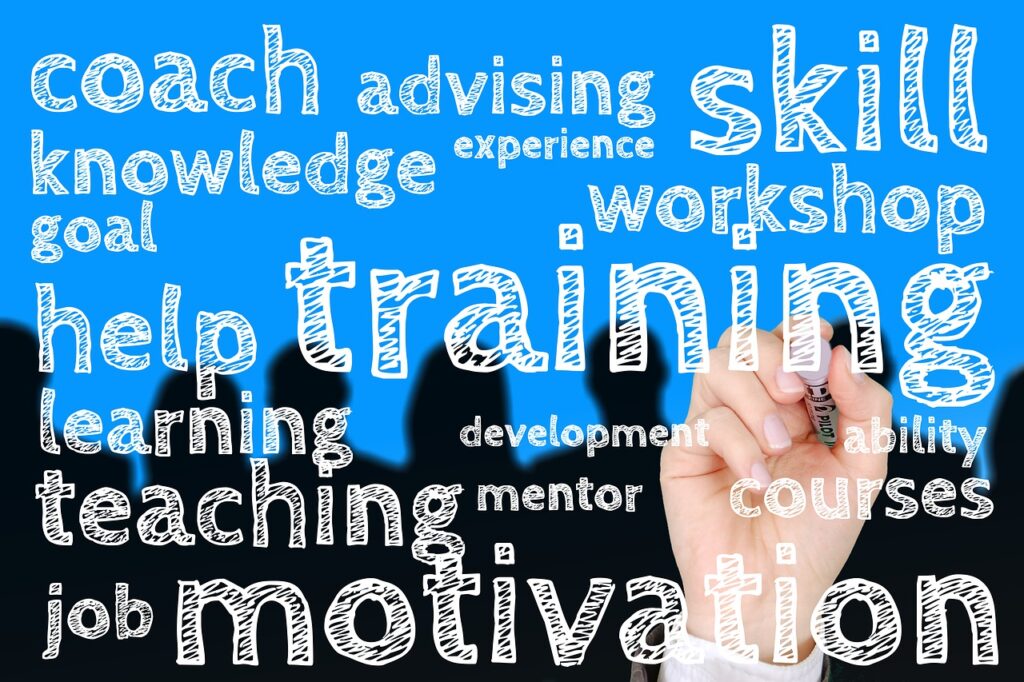“A valuable role for organisational change”
An agile coach helps organisations implement an agile methodology by nurturing the development of agile teams and facilitating the culture change necessary for sustained agile success.

Agile coaches help ensure effective outcomes by working with corporate teams on the agile methodology and encouraging and guiding the development of agile teams.
Their key responsibilities are supporting teams through the implementation process and encouraging workers and leadership to embrace the agile methodology. The agile coach’s ultimate goal is to provide agile teams with the correct level of knowledge, tools and training to enable them to autonomously use agile to its full potential.
The role of an agile coach can be temporary or permanent, depending on the organisation’s needs. Larger businesses, with multiple agile teams, might want to have a full-time staff agile coach to help oversee the implementation and improving maturity long-term. For most businesses, however, it’s more useful to hire an agile coach on a contract basis to help establish ways of working and get teams up and running, later parting ways once everyone has adjusted.
It’s important that an agile coach helps the company embrace agile as a culture shift, encouraging buy-in from employees and key stakeholders to properly implement the methodology.
Agile coach responsibilities
With a wealth of experience in agile project management, IT and other related fields, agile coaches are able to take a pragmatic approach to understand what will work for the business. Agile should never be considered as one size fits all, it’s important to focus on the fundamentals and make agile ways of working work for everyone.
The most common responsibilities for an agile coach include:
- Coach agile teams in the various methodologies
- Integrate relative methodologies within the company
- Develop standards and requirements for the agile process
- Provide training to employees on the agile process
- Help teams setup and navigate agile tools and software
- Encourage employee and stakeholder buy-in
The most important skills for an agile coach include:
- Strong understanding of Scrum and Kanban
- Experience as a Scrum master or aKanban system designer
- Good understanding of agile software development
- Strong communication and problem-solving skills
- Interpersonal skills, good listener and patience
What does an agile coach do day-to-day?
Agile coaches help to implement tools, techniques, methodologies and practices surrounding product and delivery. Examples of this include:
- Helping a team estimate and forecast better.
- Helping a product owner manage the expectations of stakeholders better.
- Helping to run better retrospectives, with stong action outcomes.
- Guiding the leadership team in the ways of agile development.
- Making sure stand-ups are focused, timely and not allowed to dive to deep.
- Working to include non-it colleagues in the agile journey.
- Maintaining rigour and discipline – keeping standards high.
- Focussing on the continuous improvement and performance of the teams.
